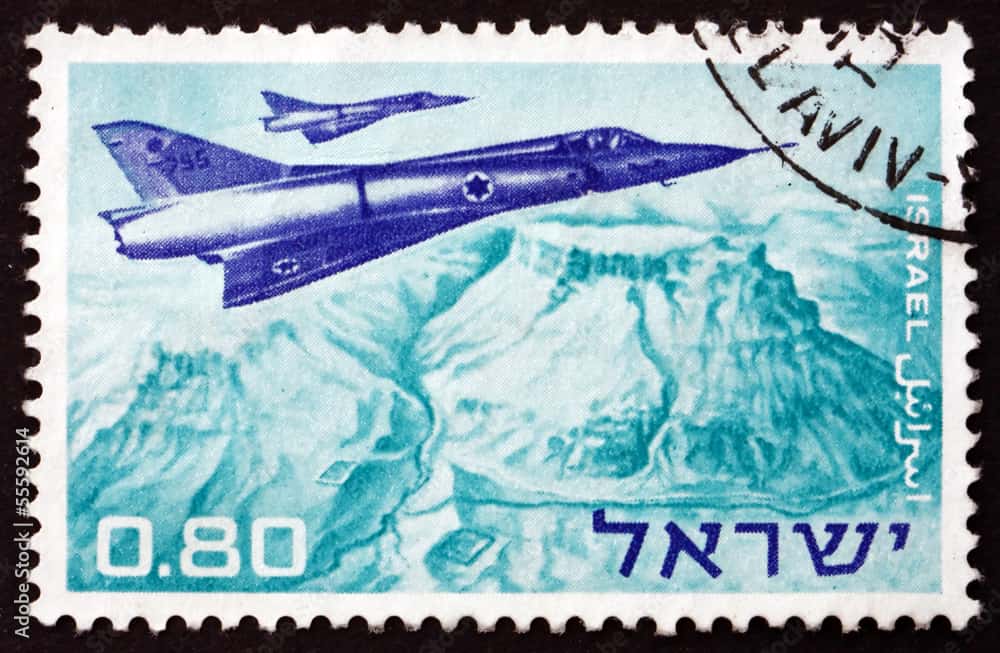לעילוי נשמת אליהו בן שמואל יעקב
כ”ט ניסן תשס”ט
Remembering My Father
My father was a real family man. He loved when yom tov came around and his married children overran his home. The madness of everyone squished together gave him only pleasure. He especially loved giving each and every one of his children and grandchildren a berachah on Friday night. Each son-in-law became a son, and each child was a precious gem.
My father was a working man. He had a store and put many hours into his work. He was also a man who always had a joke to share. Wherever he went, whomever he spoke to, he always had something funny to say. He wasn’t a great rav or a rebbi. He wasn’t a rosh yeshivah or a rosh kollel. He wasn’t a big askan or a big leader. Yet, he could never be called simple. He wasn’t just a balabus. He was a simple person on the outside, and a person full of tochen on the inside. He was someone who constantly worked on himself and grew closer and closer to Hashem as a result. When a nisayon came his way, he took it and grew from it. He changed himself because of it. We could never praise him when we saw something great in him. He was too humble. He didn’t think there was anything to talk about and loathed the praise. He didn’t need people to see his growth. Everything about him was very low-key.
At one point when he was unemployed he spent his mornings learning. He loved finally having the time to do this and was hoping to finish all of Shas. Although he could have chosen to do this in a shul or bais medrash, he chose to learn at home. No one had to know that he spent all of his time learning.
How typical of him to be niftar in Nissan when we couldn’t say hespedim. There was so much to say, but it all had to be toned down. But my father had a zechus that most niftarim don’t have. A few minutes after he was niftar, Radio Kol Berama in Lakewood played a speech by Rabbi Peysach Krohn; in his talk, he shared some divrei Torah from my father, as countless people tuned in. Could it be he was zoche to such a thing because of the high madreigah he was on? As R’ Dovid Goldberg, the Rosh Yeshiva from Telshe Cleveland said, “He didn’t just say the ani ma’amins; he was the ani ma’amins. He learned them and lived them.”
As a little girl, I loved waking up on Shabbos mornings to the sound of my father’s voice learning. As an adult I am really able to appreciate all the time he spent learning, especially the mishnayos he learned to make a siyum in time for my brother Chesky’s yahrtzeit.
As a little girl, I marveled at his kibbud av v’eim. When Zaydie called for him, he ran to pick up the phone, no matter how busy he was. As an adult I realize I never knew the true extent of his kibbud av v’eim. I only found out after his petirah how he drove Zaydie each morning to shul, how he decided whether the weather was good enough for him to go out or if he should encourage him to daven at home, and how he always showed up at his house on Friday afternoon to make sure everything was ready for Shabbos.
As a young child I didn’t appreciate how he always wanted us home for Shabbos seudos and would be upset if we ate at a friend’s house. As an adult I realize how lucky we are to have had such a strong, loving relationship.
As a young girl I didn’t appreciate the stability in our home. B”H, I had two parents and siblings. This meant we were a normal family. As an adult I can appreciate how lucky I am to have grown up in a healthy home permeated with love.
As a young girl I didn’t know to be happy that my parents didn’t fight with each other. As an adult I know how fortunate I am to have had parents who had shalom bayis and always displayed concern for one another.
As a young kallah, I thought it only natural for my father to accept my chassan as his son. As a married woman I understand how lucky we are that each son-in-law became a son and that they in turn looked at my father like another father. He never judged and always accepted each person despite his/her shortcomings. Maybe that is the reason he stayed so close to his children. Maybe that is why to so many people he was a favorite uncle, and why so many people gravitated to our house.
As a teenager I knew there was no way to understand my father’s pain at losing his only son. As a mother, I realize I could never begin to understand the searing pain that he experienced.
However, I think I was able to appreciate how he took such a painful experience and grew from it. He asked, he learned and he changed. Many people mentioned at the shivah that they remembered my father’s hesped for Chesky. They remembered how he took something so painful, and through his tears he was mechazeik and continued to be mechazeik his family for the next eleven years. Our family knew of the many different nisyanos that came his way. Our family also saw his pain and fear. But our family saw how he grew closer and closer to Hashem. It was like climbing a ladder. He started off on one of the lower rungs and climbed and climbed one step at a time, until he was on the highest step – so, so close to Hashem.
He didn’t bury his pain. He faced it, he grabbed it and he became better from it. Each Succos we saw his hurt as he relived Chesky’s last Succos, two weeks before he was niftar. But despite his pain he made coming home so enjoyable and fun. We laughed at his predictability. We rolled our eyes at his corny jokes, and we groaned at his idiosyncrasies, such as comments about the garbage can that filled up too quickly.
The children coined the name “Funny Zaydie” as soon as they learned how to talk. They called him this because that is what he was to them. He joked with them, he played with them and he laughed with them. Funny Zaydie had a place in their hearts that no other Zaidy can have.
On the other hand, we knew whom to call when we were down and in need of chizuk. We reached out to our father who had a depth to him that not many could match. With wisdom that only life’s experience can bring, my father was able to encourage us and countless others.
Before the levayah my husband asked me if there was anything in particular I wanted him to say in his speech. I responded, “Everyone knows my father as someone who is funny and always had a joke. But he was such an anav. Tell the world who he really was. Tell everyone about his unwavering trust through so many hardships because they don’t know.”
But I see how wrong I was!
The deep void of losing this special person is felt by so many people. Nephews we never knew he had a relationship with. Brothers and sisters-in-law who were so different from him. And friends who couldn’t walk into the house without crying. All these testify to the fact that many people did realize his tochen. Yes, wherever he went he brought laughter.
Yet, people realized he wasn’t just a man who loved a good piece of cake and a good joke. He was a man who always aspired to be more. People realized that his davening took longer than most because he really had the connection that we all crave. People realized that they could ask him for money from the Zichron Tzedakah Fund that was set up l’iluy nishmas my brother because he would help out quietly and discreetly. People realized that they could do business with him without any contracts because honesty would always come first. Yes, friends and relatives all over knew him and realized who he was. And the pain of losing him is so strong and so deep.
When my son Yecheskil was born, it brought some nechamah to my father for the loss of his son. Right from the beginning, my father introduced him to Chesky’s tefillin and Chesky’s bike. He talked to him about the day that he would be old enough to inherit Chesky’s prized possessions. But my father wasn’t here anymore to give my son his only son’s tefillin. He wouldn’t be there for any grandson’s bar mitzvah.
We always enjoyed a close relationship with my grandparents, and of course I thought our children were going to enjoy that type of relationship with my parents – forever. But during shivah, Yecheskil, then a third grader, started learning mishnayos, and he couldn’t share the news with his Zaydie. Moishy and Dovy had just started getting to really know their Zaydie over the Pesach that had just passed, and now that relationship is over – forever.
People trying to be menachem us said, “At least you have good memories to hold onto.” But I wanted to shake them. Didn’t they realize my father is too young to be a memory?! We – his children – were too young to be without a father and Mommy was too young to be a widow. Our children were babies. He couldn’t just be a memory. We needed him to be here as a proud father and grandfather.
No, we determined that he will not just be a memory to us. He kept Chesky alive for us in our hearts and our minds, and we will always keep my father alive in our hearts and minds. We talk about him, share his jokes and his divrei Torah. We comment on what he liked and disliked. We bring him into our homes and families’ lives by saying what Zaydie would have said and done.
As we talk more and more about my father, my children will get to know who Zaydie was. He was an easygoing person who was so, so close to Hashem. He was a tzaddik and someone to emulate for all posterity.
And as painful as this is for us, we must do what my father would have done. We have to take the pain and grow from it. We have to grab this hurt and become closer to Hashem from it. It seems almost impossible. But we have my father’s actions to lead us, and we will try to follow.












